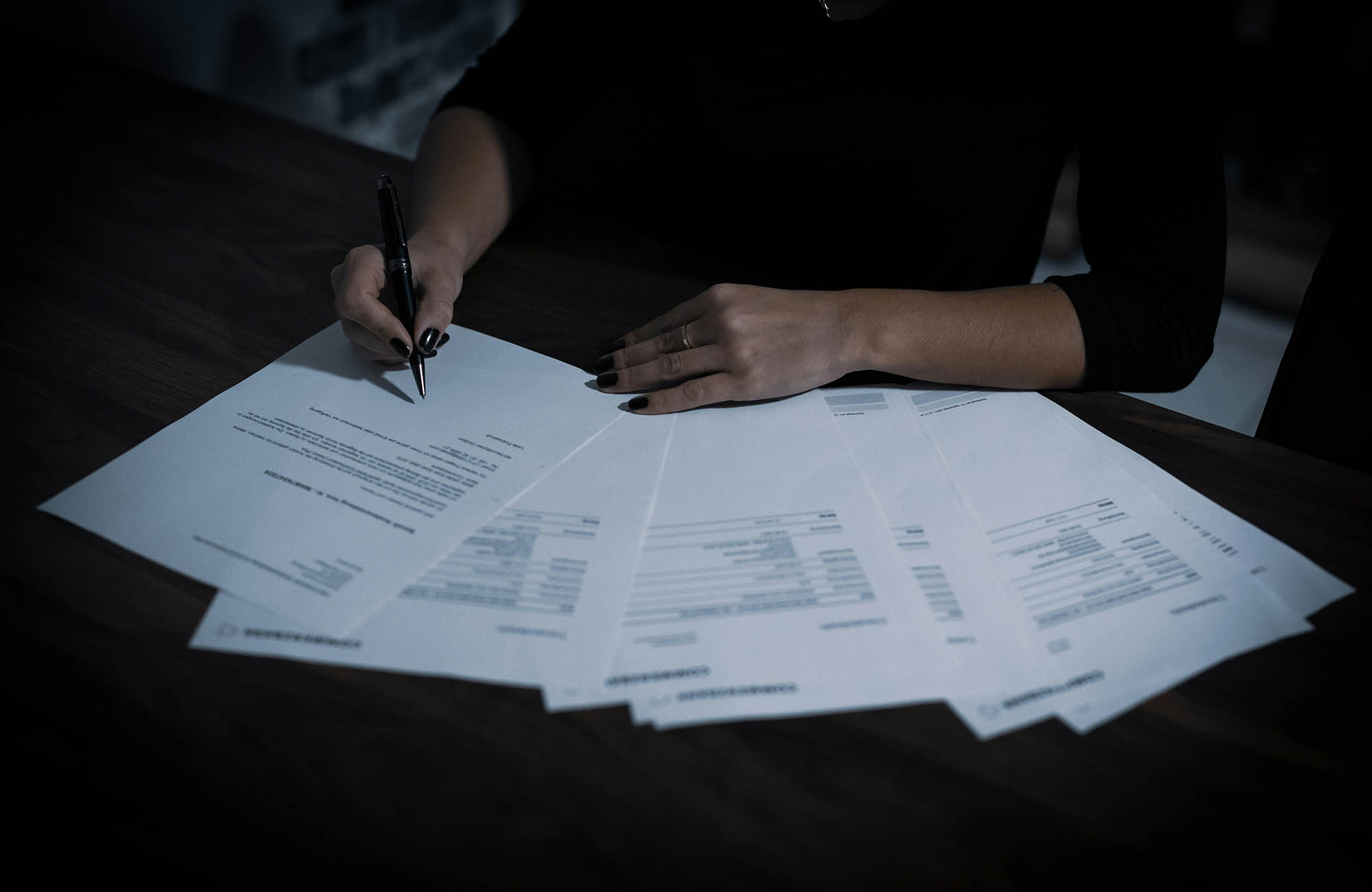
Understanding the Role of a Music Publisher
The music industry is a vast and complex landscape, comprising various stakeholders who contribute to the creation, distribution, and consumption of music. Among these, the music publisher plays a pivotal role, often operating behind the scenes yet significantly impacting the music ecosystem. This article delves into the core responsibilities of a music publisher, demystifying what they do and what they do not.
What Does a Music Publisher Do?
1. Rights Management and Administration:
At its core, a music publisher’s primary responsibility is to manage and administer the copyright of musical compositions and songs. This includes registering songs with performance rights organizations (PROs), licensing compositions, collecting royalties, and ensuring that songwriters and composers receive their due compensation for the use of their work. Music publishers act as intermediaries between the creators and the users of music, negotiating terms and handling the paperwork involved in copyright transactions.
2. Song Promotion and Placement:
Music publishers also play a crucial role in promoting the songs in their catalog. This involves pitching songs to recording artists, film and television producers, and advertising agencies. By securing placements, publishers not only generate income through synchronization fees (for use in media) and mechanical royalties (from sales and streams) but also enhance the visibility and popularity of the song and its creators.
3. Career Development for Songwriters:
Music publishers often work closely with songwriters and composers to develop their careers. This can include providing feedback on compositions, facilitating collaborations with other artists, and helping to build a portfolio of work that appeals to a broad market. Publishers may also support songwriters in honing their craft and navigating the complexities of the music industry.
4. Legal Support and Copyright Protection:
Protecting the copyrights of the works in their catalog is another crucial function of music publishers. This involves monitoring the use of their songs across various platforms and taking legal action against copyright infringement. Publishers also negotiate and draft licensing agreements, ensuring that the terms are favorable to their songwriters and composers.
What Does a Music Publisher Not Do?
1. Record Production:
Music publishers do not typically involve themselves in the recording process. The production of music recordings is usually the domain of record labels and producers. While publishers focus on the composition and songwriting aspects, record labels are responsible for producing, distributing, and promoting albums and singles.
2. Live Performance Booking:
Booking live performances is generally outside the scope of music publishing. This role is filled by booking agents and concert promoters, who arrange gigs, tours, and live events for artists. However, the success of a song in a publisher’s catalog can influence an artist’s live performance opportunities.
3. Artist Management:
Music publishers are not artist managers. While they may offer career advice and support to songwriters, the day-to-day management of an artist’s career, including negotiations, scheduling, and personal branding, is handled by management companies or personal managers.
4. Direct Distribution of Recordings:
Finally, music publishers do not directly distribute music recordings to the public or digital platforms. This task is typically undertaken by record labels or distribution companies, which ensure that music is available on streaming services, digital download platforms, and physical formats like CDs and vinyl.
The Evolution of Music Publishing
Historical Context:
The music publishing industry has undergone significant transformations over the years, evolving from simple sheet music sales to the complex digital rights management of today. In the early days, music publishers were primarily concerned with printing and distributing sheet music for public consumption. However, as technology advanced and the consumption of music diversified into recordings, radio broadcasts, and online streaming, the role of music publishers expanded to meet these new challenges.
Adapting to Digital Changes:
The advent of the digital age brought about a seismic shift in the music industry, compelling music publishers to adapt to new forms of music consumption and distribution. The rise of digital platforms necessitated the development of sophisticated rights management technologies to track and monetize music use across the globe. Music publishers now leverage digital tools to efficiently collect royalties from a multitude of sources, ensuring that songwriters and composers are compensated for digital streams, downloads, and other forms of online music consumption.
The Economic Impact of Music Publishing
Revenue Generation:
Music publishing plays a critical role in the economic ecosystem of the music industry. By securing licenses for the use of songs in various formats and mediums, music publishers generate significant revenue streams for songwriters and themselves. These revenue streams include mechanical royalties from physical sales and digital downloads, performance royalties from radio, television, and live performances, and synchronization fees from the use of music in film, television, commercials, and video games.
Supporting Songwriters and Composers:
The financial support provided by music publishers enables songwriters and composers to focus on their creative endeavors. Advances and royalties from music publishing can provide a stable income for creators, allowing them to invest time and resources into honing their craft and producing new work. This economic model not only benefits individual artists but also contributes to the vibrancy and diversity of the music industry as a whole.
Challenges and Opportunities
Copyright Challenges:
One of the biggest challenges facing music publishers today is copyright infringement, especially in the digital realm. The ease of copying and distributing music online has made it difficult to protect and monetize intellectual property. Music publishers invest considerable resources in legal efforts to combat piracy and unauthorized use, emphasizing the importance of copyright law in the digital age.
Opportunities in New Media:
Despite these challenges, the digital transformation of the music industry also presents new opportunities for music publishers. Emerging platforms like social media, gaming, and virtual reality offer fresh avenues for song placement and monetization. Music publishers are increasingly exploring these new media landscapes, negotiating licensing deals that benefit their songwriters and composers while adapting to changing consumer behaviors.
The Future of Music Publishing
Innovation and Adaptation:
The future of music publishing will likely be shaped by continued innovation and adaptation to technological advancements. As new platforms and consumption habits emerge, music publishers will need to stay agile, developing creative strategies for rights management, licensing, and revenue generation.
Advocacy and Representation:
Moreover, music publishers will continue to play a vital role in advocating for the rights of songwriters and composers. This includes lobbying for fair copyright laws, negotiating equitable deals with digital service providers, and ensuring that creators are adequately compensated in an increasingly fragmented and globalized music market.
Conclusion
The role of a music publisher is integral to the functioning and prosperity of the music industry. From rights management and song promotion to navigating the challenges and opportunities of the digital age, music publishers ensure that the creative work of songwriters and composers finds its audience and generates income. As the music industry continues to evolve, the adaptability, innovation, and advocacy of music publishers will remain crucial in supporting the art and craft of music creation for generations to come.
Browse Beats & Instrumentals
Check out my extensive catalog of more than 500 custom-made beats and instrumentals, available for free download or licensing.


No Comments